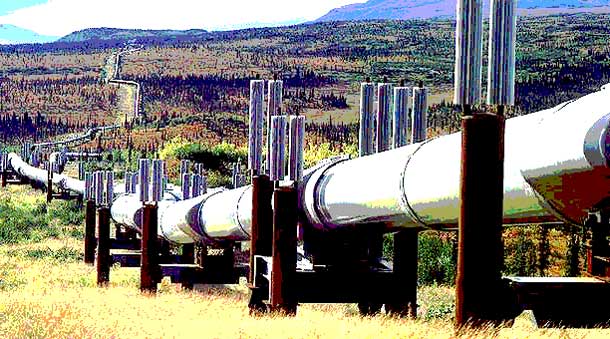
ANISHINABEK NATION, NIPISSING FIRST NATION HEAD OFFICE (July 26, 2017)—The Supreme Court of Canada has issued its ruling in favour of the National Energy Board’s (NEB) approval of Enbridge’s Line 9B plan to reverse the flow of Line 9B, part of an existing crude oil pipeline, that presently runs from Sarnia to Montreal, and through the traditional and Treaty territory of Chippewas of the Thames First Nation.
“We are tremendously disappointed in this ruling. This is not the end,” stated Anishinabek Nation Grand Council Chief Patrick Madahbee following the ruling. “We will continue to support Chippewas of the Thames in this toilsome fight for our rights. The United Nations Declaration on the Rights of Indigenous Peoples, Section 35 of the Constitution Act, the treaty relationship, and the 10 principles outlined by Justice Minister Raybould speak to a Nation-to-Nation relationship, not about third-parties that do not have any business in a Nation-to-Nation relationship.”
Enbridge’s proposed plan to reverse the flow and increase capacity of Line 9B was approved by the NEB in 2014.
Chippewas of the Thames is claiming that the NEB failed to properly assess and consider the full scope of their Aboriginal and Treaty rights and the impacts of the infringement of those rights. The community filed an appeal to challenge the NEB’s approval of Enbridge’s Line 9B project, citing that the federal Crown failed to provide consultation with the community on the project. The Crown is required to accommodate and consult with First Nations before they consider an action or decision that may affect a First Nation’s Aboriginal and Treaty rights.
Section 35 of the Canadian Constitution Act recognizes, confirms, and protects Aboriginal Rights as well as Treaty Rights.
The 40-year-old pipeline runs through the Chippewas of the Thames traditional and treaty territory, and has been doing so without the consultation of the community since its inception.
Grave environmental concerns from Chippewas of the Thames stem from the age of the pipeline and knowing that it was initially constructed to transport light crude oil. The added density of a new substance and increased temperature and pressure could cause the pipeline to rupture. Should this occur, the community’s surrounding traditional territory’s air, water, land, and ultimately, its people, would suffer.
Chippewas of the Thames and the Anishinabek Nation, along with Chiefs of Ontario, will continue their efforts and support in protecting their traditional and Treaty rights.
Enbridge Inc. operates the world’s longest crude oil and liquids transportation system; they are Canada’s largest natural gas distribution provider.




